Visit us in San Francisco
Academic standards. Pioneering research. Personalized care. Start your journey at the UCSF Center for Reproductive Health, located in Northern California's San Francisco Bay Area.
Fertility preservation is the process of saving or protecting eggs, sperm, or reproductive tissue so that a person can use them to have biological children in the future. At CRH our clinicians are consistently looking for ways to improve the fertility preservation process. They are examining patients with breast cancer who wish to preserve their eggs before undergoing treatment for cancer. Our clinicians are at the forefront of the field; seeing patients with other forms of cancer as well as transgender individuals who wish to preserve their eggs to have biological children after undergoing treatment. Patients continue to offer their participation in our studies to better understand the effects of different medical/surgical treatments on the reproductive system.
This study aims to prospectively assess the impact of distant effects from breast radiation on ovarian reserve. We will determine ovarian reserve through blood measurements of Anti-Müllerian Hormone (AMH), a relatively new and reliable serum biomarker of ovarian reserve that has already been incorporated into the standard practice of reproductive endocrinology and infertility.
You may be eligible if you are: female (or assigned female at birth), aged 18-45, and diagnosed with in-situ breast cancer or stage 1 breast cancer
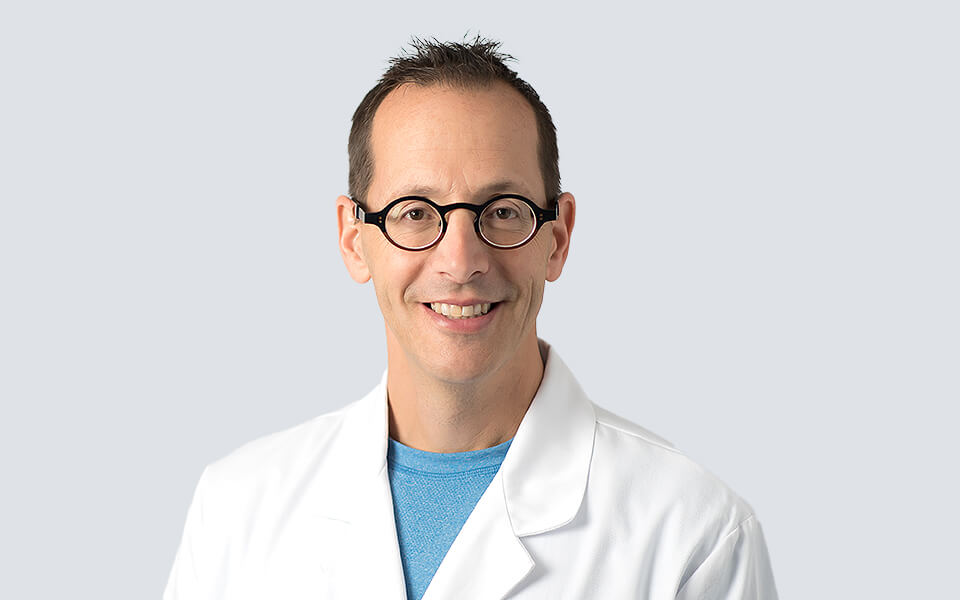
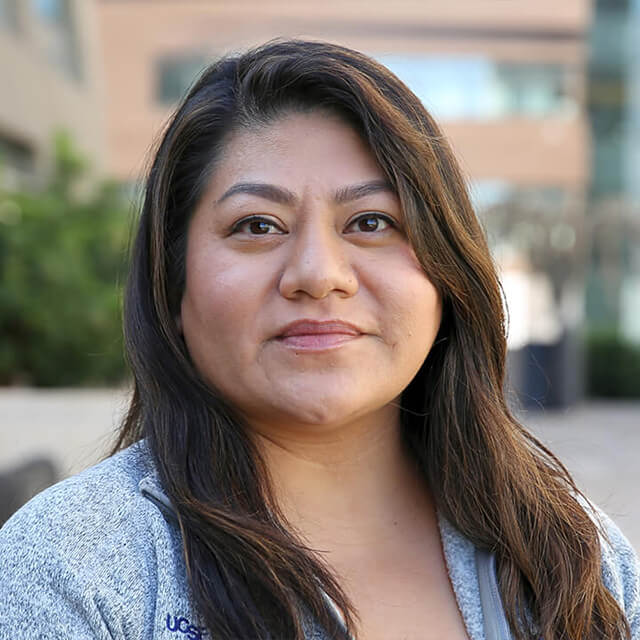
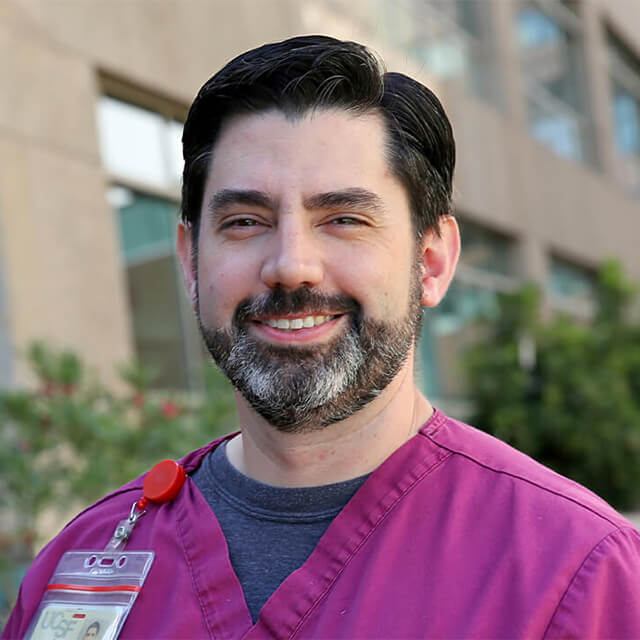
Through electronic surveys, this study aims to prospectively understand the wide range of individual and systematic variables that impact a woman's ability and interest in pursuing fertility preservation prior to cancer treatment. We will also monitor ovarian reserve through blood measurements and ultrasounds pre and post treatment to better understand the specific impact of the large number of cancer treatments patients undergo.
You may be eligible if you are: female (or assigned female at birth), aged 18-45, newly diagnosed with cancer



Multi-center, parallel group, randomized controlled trial of modified natural versus programmed cycles for frozen embryo transfer and their association with preeclampsia and live births
The NatPro study team is currently seeking patients to participate in a fertility research study designed to compare two protocols commonly used for frozen embryo transfer. The two protocols are called modified natural cycle and programmed cycle. The study will examine whether or not there is a difference in the occurrence of high blood pressure during pregnancy.
ELIGIBILITY
Participants will be compensated for their time and effort up to $1415 if they complete all visits and participate in the research study. Patients who participate in the study will be responsible for routine diagnostic, medications, cryopreservation costs, and subsequent frozen transfer (FET) cycles charges.
To learn more about the NatPro study, please let your doctor or nurse know you’d like more information or if you have any questions about the study.
Visits natprostudy.org or email our research team: Rebecca.wong@ucsf.edu
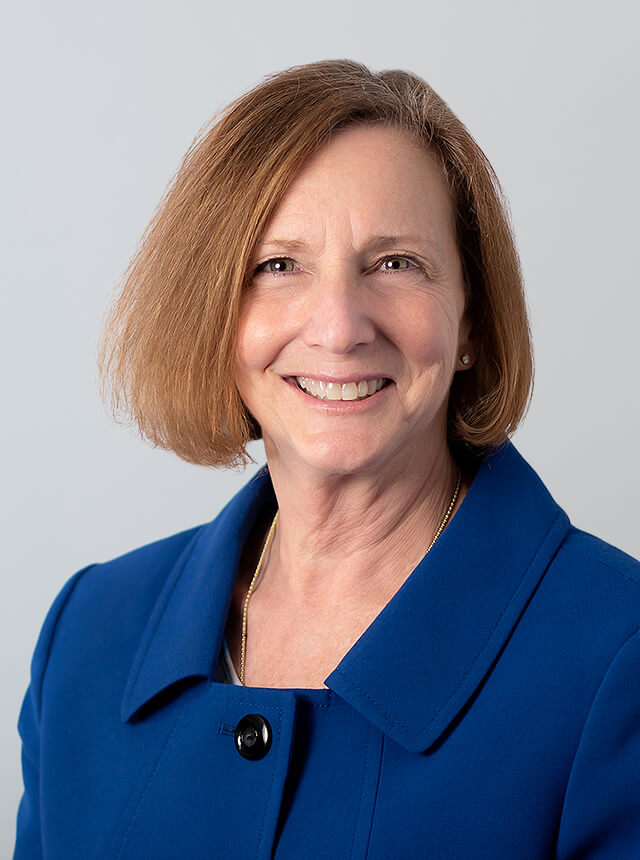
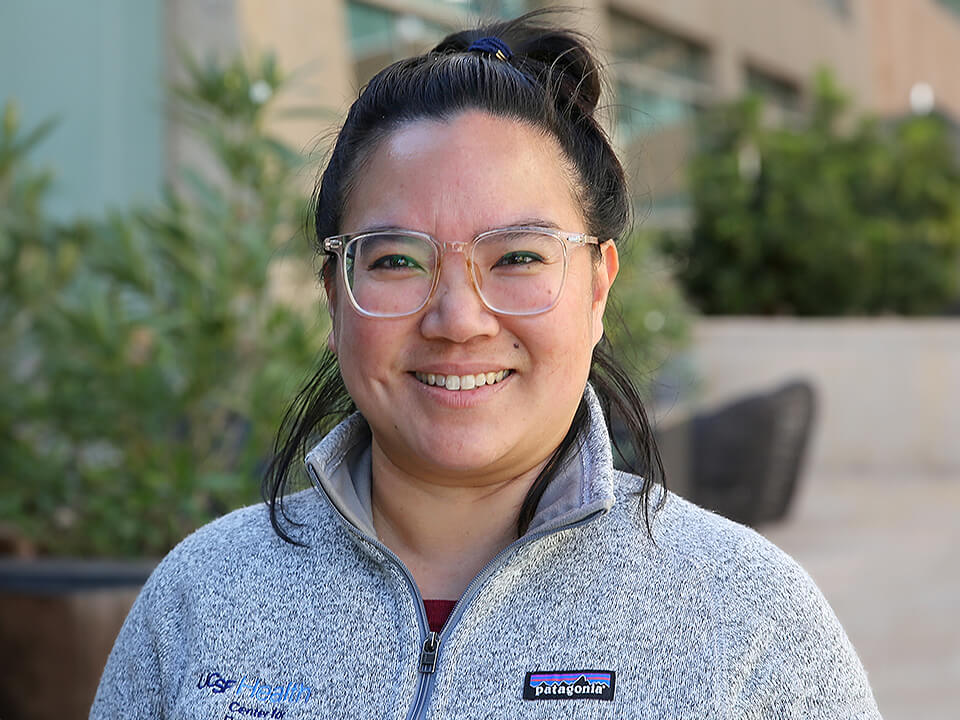
Letrozole plus gonadotropin, and Tamoxifen plus gonadotropin, are two methods currently used worldwide in ovarian stimulation cycles for fertility preservation in patients with estrogen-receptor-positive breast cancer. Improved knowledge about the efficacy of these medications, with regard to oocyte yield, has the potential to significantly improve quality of life in reproductive-age breast cancer survivors.



Academic standards. Pioneering research. Personalized care. Start your journey at the UCSF Center for Reproductive Health, located in Northern California's San Francisco Bay Area.